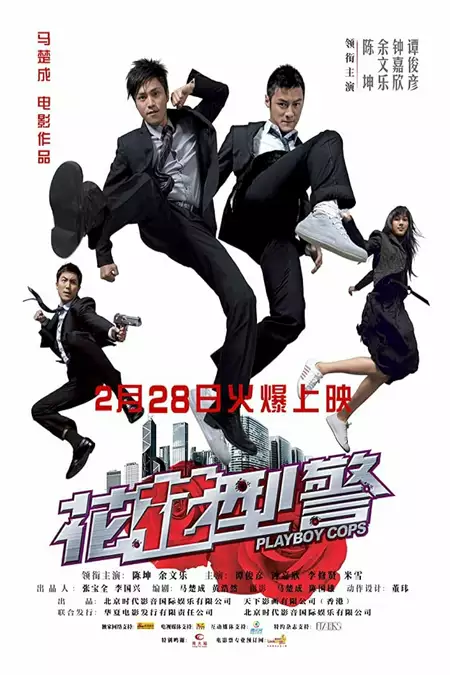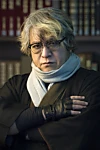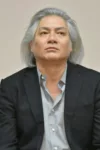The Great Yokai War (2005)
August 6, 2005Release Date
The Great Yokai War (2005)
August 6, 2005Release Date


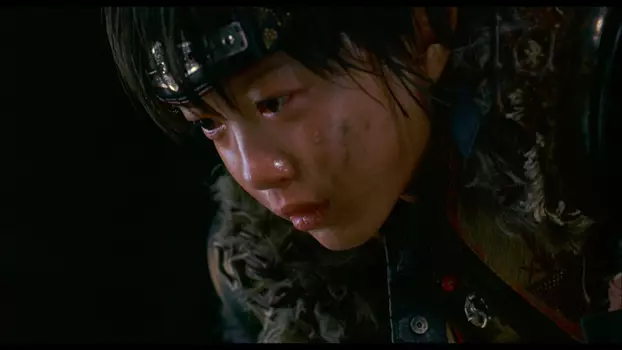
Plot.
Where to Watch.
 Subs
Subs Subs
Subs Rent
Rent Rent
Rent Rent
Rent Ads
Ads Ads
Ads Rent
Rent Subs
Subs Subs
Subs Ads
AdsCurrently The Great Yokai War is available for streaming online, rent, buy or watch for free on: ARROW, Midnight Pulp, Apple TV, Google Play Movies, YouTube, AsianCrush, Cineverse, Amazon Video, Fandor Amazon Channel, Midnight Pulp Amazon Channel, Tubi TV
Streaming in:🇺🇸 United States

Cast & Crew.

Ryunosuke Kamiki
Tadashi Ino

Hiroyuki Miyasako
Sata

Kaho Minami
Yōko Ino

Riko Narumi
Tataru Ino

Shirō Sano
'Mysterious' Editor

Miyuki Miyabe
Production Consultant

Arimasa Osawa

Yuu Tokui

Itsuji Itao

Taru Honkonen

Yoji Tanaka
Yoichi's father

Kanji Tsuda
Tadashi's Father

Bunta Sugawara
Shuntarō Ino
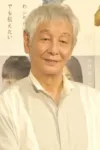
Masaomi Kondo
Shōjō

Seiko Iwaido
Kawahime

Sadawo Abe
Kawatarō

Ken'ichi Endô
Ou Tengu

Renji Ishibashi
Ou Kubi

Kiyoshiro Imawano
General Nurarihyon

Naoto Takenaka
Lamp-Oil

Takashi Okamura
Azukiarai

Chiaki Kuriyama
Agi
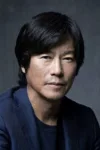
Etsushi Toyokawa
Katō Yasunori

Mame Yamada
Noderabô

Fumio Inoue
Producer

Tsuguhiko Kadokawa
Executive Producer

Koji Endo
Original Music Composer

Takashi Sasaki
Production Designer

Takashi Miike
Screenplay / Director

Mitsuhiko Sawamura
Screenplay

Takehiko Itakura
Screenplay

Yasushi Shimamura
Editor
Media.



Details.
Release DateAugust 6, 2005
Original Name妖怪大戦争
StatusReleased
Running Time2h 4m
Content RatingPG-13
Budget$12,148,397
Box Office$15,787,492
Genres
Last updated:
This Movie Is About.
Wiki.
The Great Yokai War (Japanese: 妖怪大戦争, Hepburn: Yōkai Daisensō) is a 2005 Japanese fantasy film directed by Takashi Miike, produced by Kadokawa Pictures and distributed by Shochiku. The film stars Ryunosuke Kamiki, Hiroyuki Miyasako, Chiaki Kuriyama, and Mai Takahashi.
The film focuses largely on creatures from Japanese mythology known as yōkai (妖怪, variously translated as "apparition", "goblin", "ghoul", "spirit", or "monster"), which came to prominence during the Edo period with the works of Toriyama Sekien. It also draws inspiration from Aramata Hiroshi's Teito Monogatari, with the novel's antagonist Katō Yasunori appearing as the main antagonist in the film.
The film is considered a loose remake of the 1968 Daiei film Yokai Monsters: Spook Warfare, but also draws influence from Shigeru Mizuki's GeGeGe no Kitarō manga series of the same name. Additionally, Daiei Film's iconic tokusatsu characters Gamera and Daimajin that have influenced productions of the company's yokai films including Yokai Monsters, were also briefly mentioned both in the film and the novelization of the 2005 film.
All three are retellings of the famous Japanese tale of Momotarō, which features the title character driving a group of demons away from Kikaigashima with the help of native animals. While these previous adaptations have been read mostly as nationalist narratives, with the native yōkai driving out invading forces, The Great Yōkai War has been read instead for the clash between Japan's traditional landscape and its modern culture. This is largely due to the film's use of kikai (機械, lit. "machine monsters"), created by Katō fusing the yōkai with machines, and the absence of invading Western or otherwise foreign forces.
Mizuki, whose work is considered an important part of yōkai discourse and culture due to his contributions in pop culture and academic study, acted as an advisor for the film and even made an appearance as the Great Elder Yōkai. The cameo is not only a nod to Mizuki's status as a yōkai expert, but his closing words also resonate closely with the theme of his manga of the same name. Similarly, his role as a peace-keeper is one referenced throughout his work, and is born of his own experiences from real war.
The Great Yokai War was theatrically released in Japan on August 6, 2005, and grossed ¥2 billion. In 2006, the film was released internationally by Tokyo Shock. A sequel, was released in Japan on August 13, 2021.
The Great Yokai War (2005) Collection.
You May Also Like.
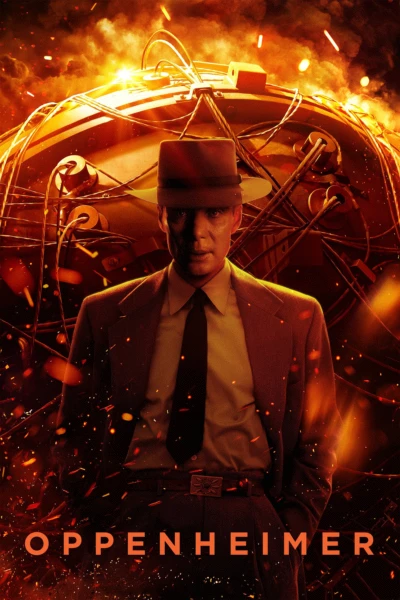
Oppenheimer (2023)
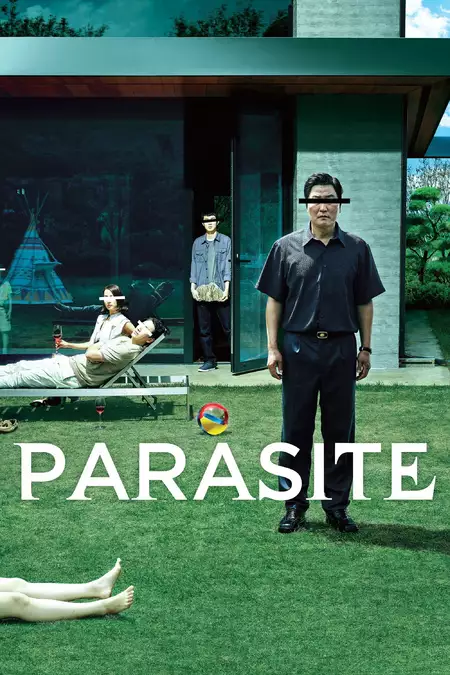
Parasite (2019)
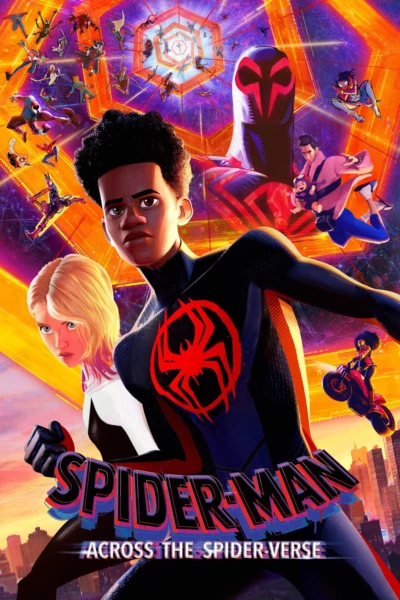
Spider-Man: Across the Spider-Verse (2023)

Anora (2024)
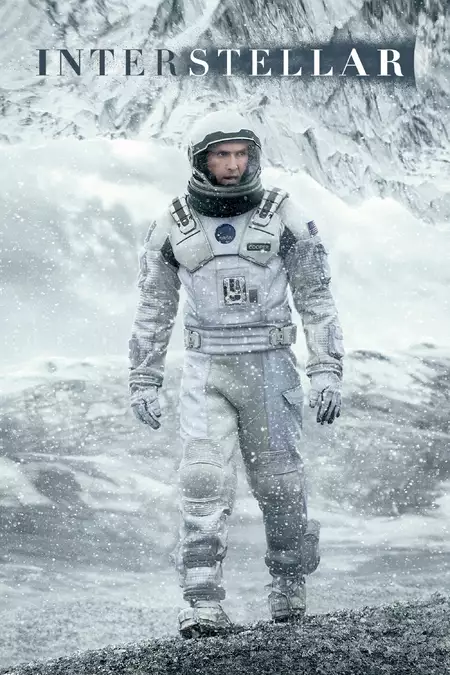
Interstellar (2014)
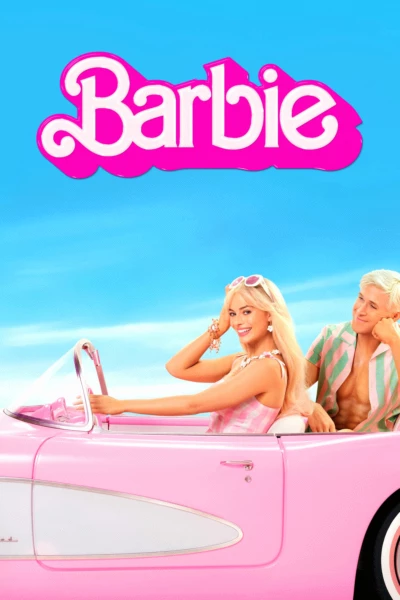
Barbie (2023)
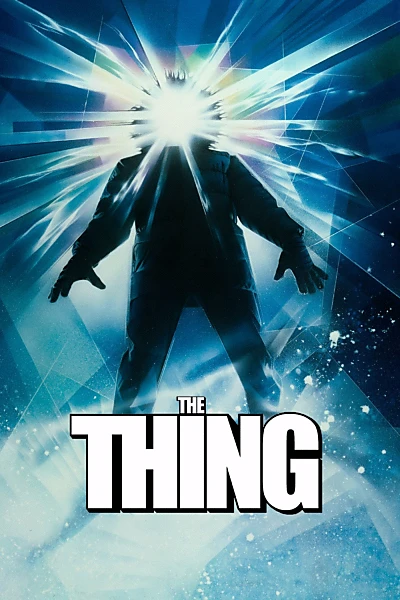
The Thing (1982)
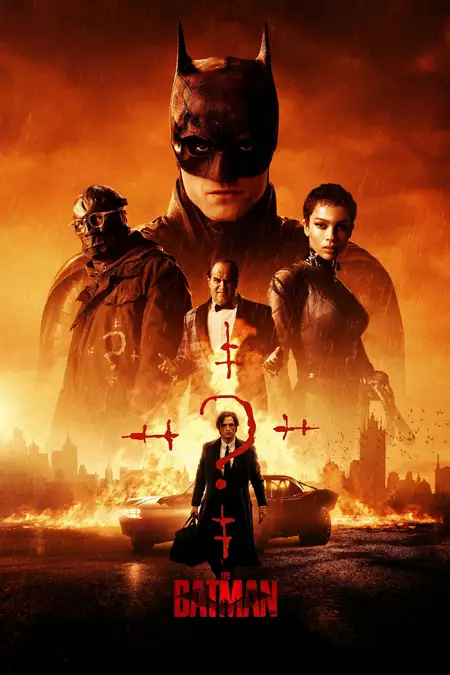
The Batman (2022)
Avatar: The Way of Water (2022)
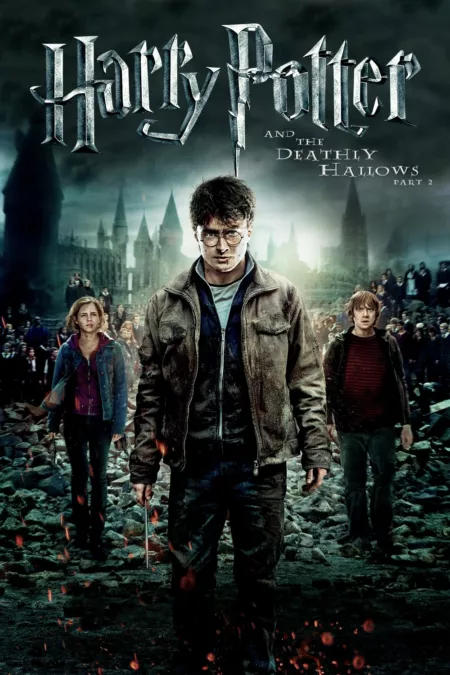
Harry Potter and the Deathly Hallows: Part 2 (2011)
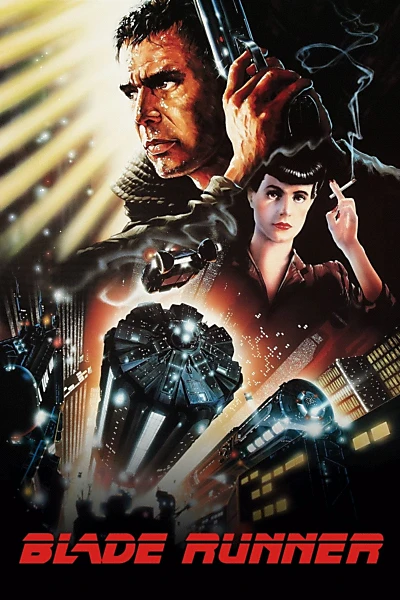
Blade Runner (1982)
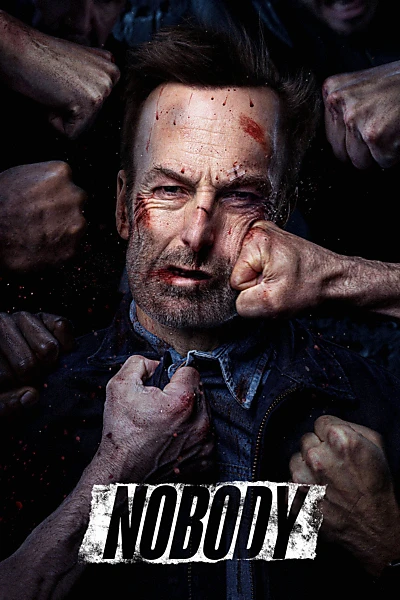
Nobody (2021)
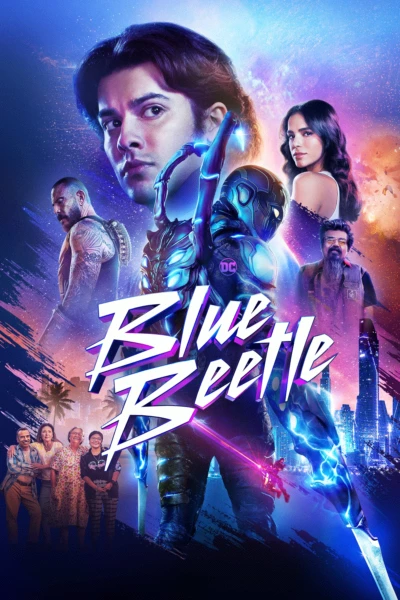
Blue Beetle (2023)

Elvis (2022)

Hostel (2005)
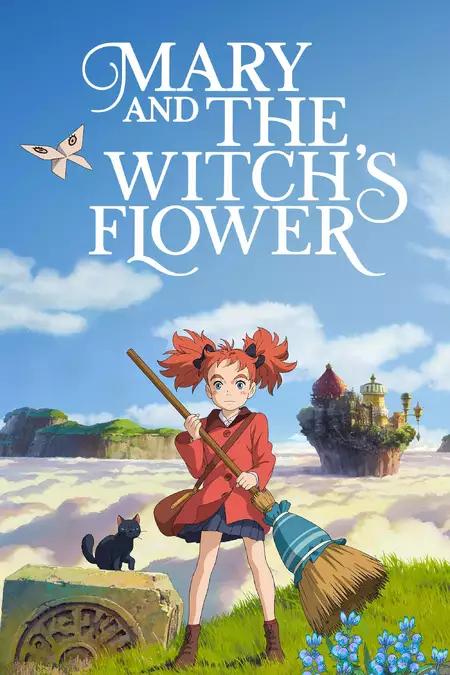
Mary and The Witch's Flower (2017)
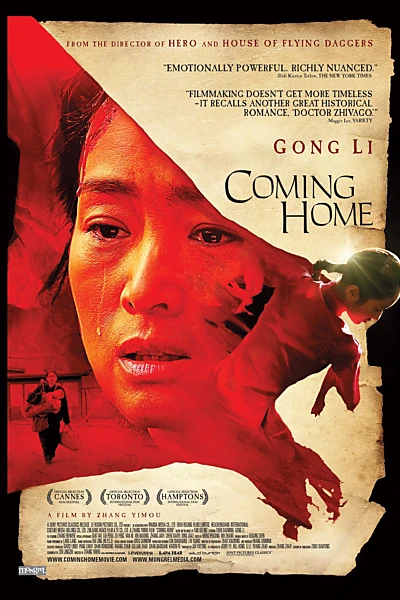
Coming Home (2014)
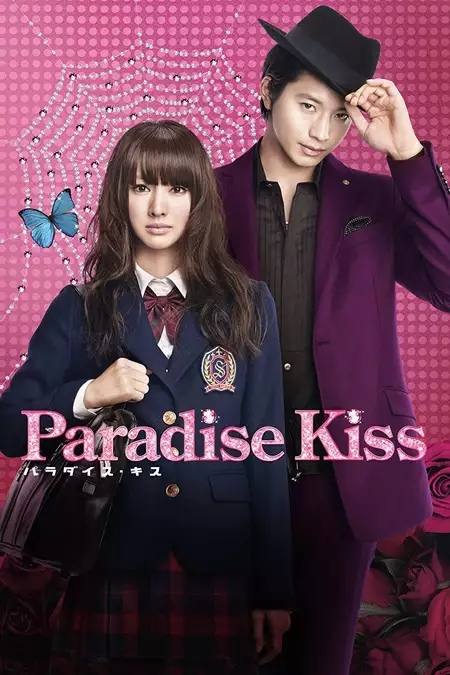
Paradise Kiss (2011)
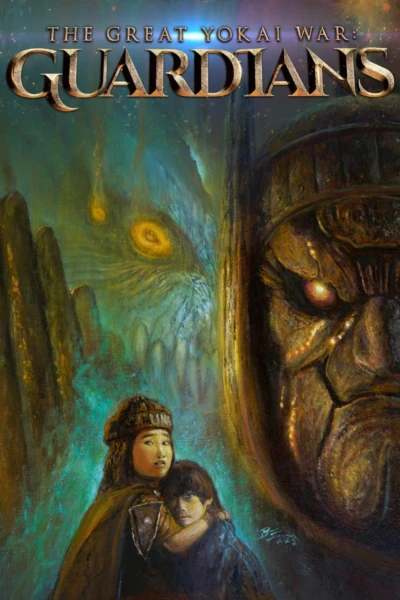
The Great Yokai War: Guardians (2021)
